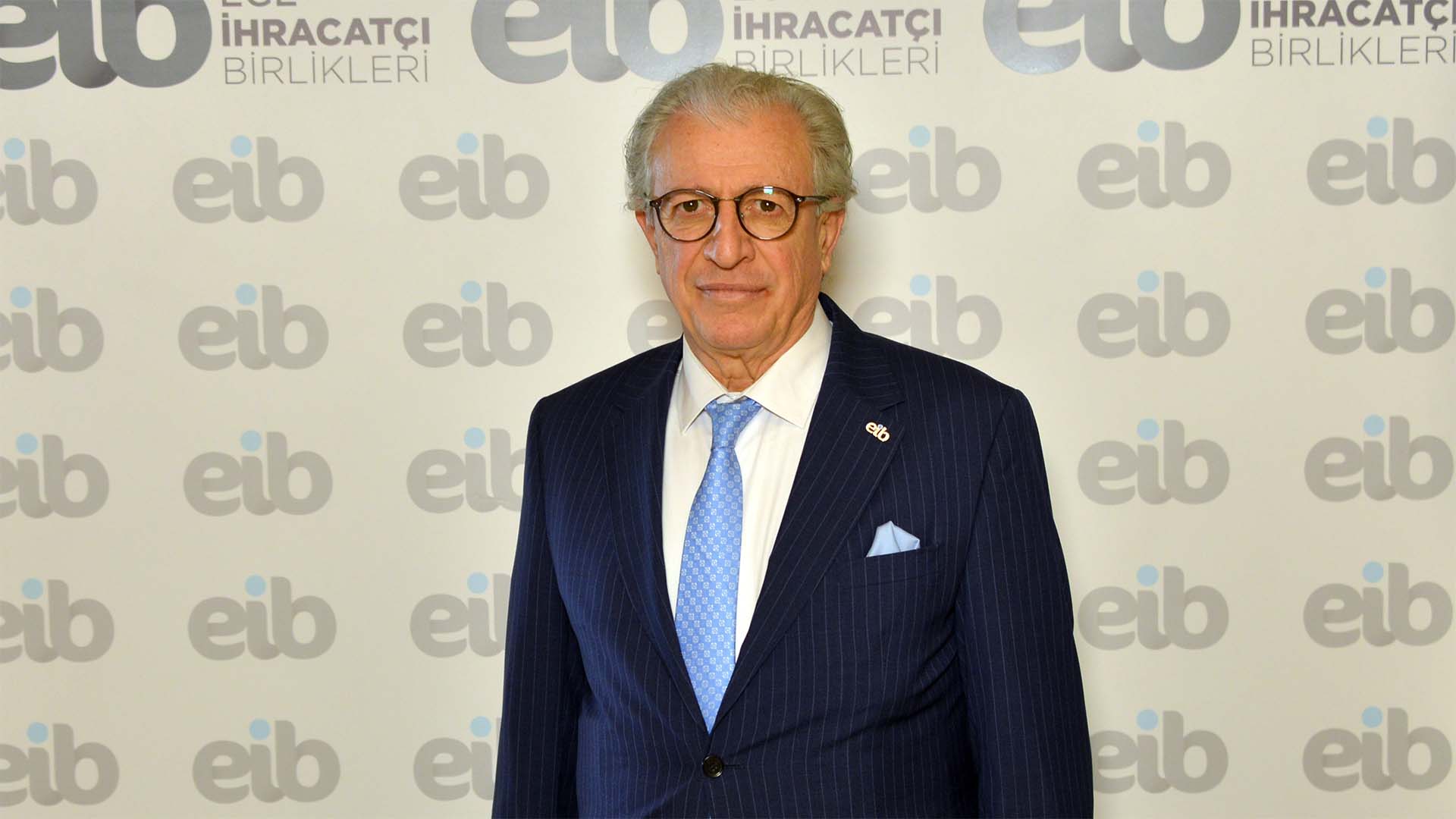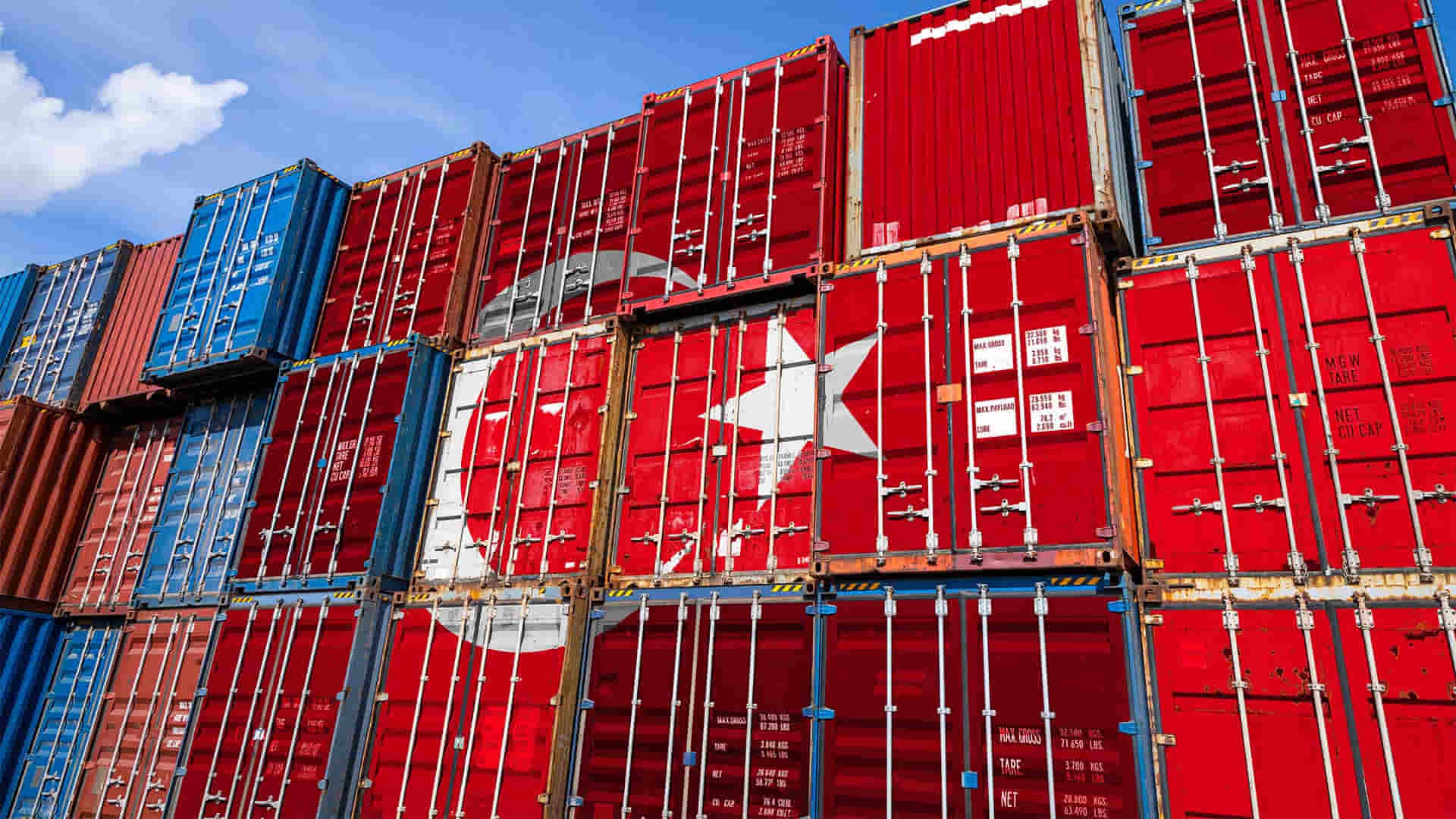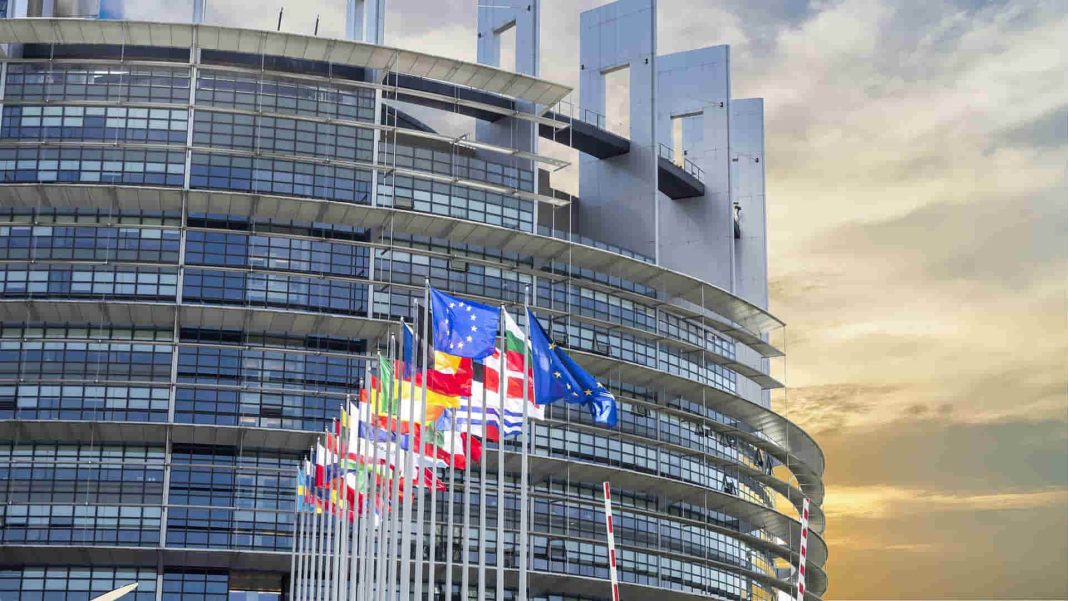Works that directly affect the EU’s domestic market and all trading partners are continuing within the scope of the European Green Deal, which was first announced in December 2019 as a roadmap to make the European Union (EU) economy sustainable. The European Commission announced the Green Deal Industrial Plan on February 1, 2023, to increase the competitiveness of Europe’s net zero industry and support a rapid transition to climate neutrality. The European Parliament’s Committee on International Trade (INTA) discussed its commercial dimension at its meeting on March 1, 2023. Aegean Exporters’ Associations (EİB) Coordinator President Jak Eskinazi, making statements on the topic, said: “The EU’s biggest industrial transformation of all time is signalling that it could end in a trade war.”
“Turkish exporters will be hit hard by the EU Green Deal”
Jak Eskinazi reminded that EU Commission President Ursula von der Leyen announced the Green Deal Industrial Plan for the first time in Davos this year, and said that the same issue was recently discussed between US President Biden and Leyen. Eskinazi continued as follows: “We think that Turkish exporters, who have been struggling both in accessing financing and maintaining their competitiveness for a long time due to the trade war on the Washington-Beijing line, export restrictions and protectionism measures, coronavirus pandemic, Ukraine-Russia war, inflation, energy crisis, recession, economic uncertainty, climate crisis, will be very hit hard by the EU Green Deal. Most important for exporters are the Eco-Label, Digital Product Passport and Carbon Border Adjustment Mechanism (CBAM). The European Green Deal Industrial Plan prepared in this context deepens our concerns.”

“European Union protects itself with the Green Deal Industrial Plan”
Jak Eskinazi, stating that the European Continent, Türkiye’s largest export and import partner, has a total share of 48 percent of Türkiye’s exports and that the country exports 109 billion dollars to the region, also added that Türkiye imports about 25 percent of its imports from the EU. Saying: “European Union is changing its supply chain from top to bottom with the Green Deal, and with the Green Deal Industrial Plan it is protecting itself against the global funding crisis and creating its own internal dynamics,” Eskinazi pointed out that increasing support to EU countries within the framework of the Green Deal allows for a number of exemptions such as facilitating, diversifying, increasing and extending the processes.
“We are facing a mechanism that will weaken our competitiveness”
Jak Eskinazi underlined that this move of the EU will increase import costs as well as make exports difficult and thus bring protectionism measures around the world, and made the following statement: “At the end of the day, we will either have to source our supplies from the EU, both in the markets we export to and in the markets where we import semi-finished products, or the countries from which we buy semi-finished products will also have to fulfil the requirements of the EU Green Deal. In short, we are facing a mechanism that will weaken our competitiveness. While our Customs Union agreement, which has been waiting for an update for a long time, has been seriously damaged by the barriers to bilateral trade, the cluster of trade wars and protectionism measures, new strategies need to be developed at the state level and harmonised according to EU standards in order to prevent the Green Deal Industrial Plan from turning into a new trade war.”

“We need regulations in line with the EU Green Deal”
Jak Eskinazi said: “We urgently need to negotiate an updated model to transform the Customs Union between Türkiye and the EU into a Free Trade Agreement,” and pointed out that Türkiye should also ensure control in the countries it imports from. Eskinazi also stated that there is a need for legislative changes within the framework of the European Green Deal, and that other sectors with a high share in trade with the EU should be supported, starting with carbon-intensive sectors that need urgent transformation as a priority. Eskinazi disclosed: “We have already written to the Ministry of Trade regarding our views on the issue and we hope that an updated support package on sustainability will be announced. We need regulations in line with the European Green Deal.”
